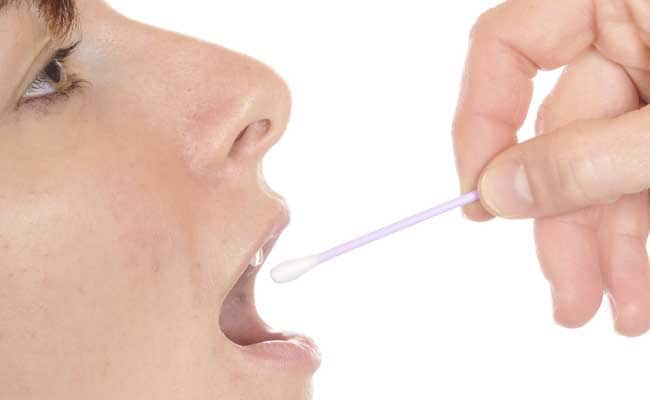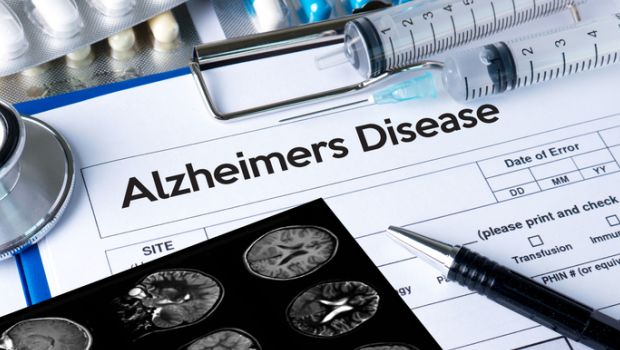A swab of your saliva can detect many diseases and new evidence shows that it may also be able to predict your risk of developing Alzheimer's disease later in life. According to scientists at the Beaumont Research Institute in the United States, your saliva holds cues to future brain health. The group of experts have discovered tiny molecules in the saliva that can help identify the risk of Alzheimer's disease.Alzheimer's is a chronic disease that damages your mental functions and ultimately leads to memory loss. The disease affects your brain connections that start to degrade due to the damage caused to the brain cells. This causes difficulties with thinking, problem-solving and language. Alzheimer's is a progressive disease which means that symptoms appear gradually over time as the disease but with the help of this new study scientists may now be able to predict your risk much earlier. The primary aim of conducting this research was to identify some reliable biomarkers that can help diagnose the disease in its earliest stages before brain damage occurs and dementia begins. (Also read: Look Out For the Early Signs of Alzheimer's)
According to Stewart Graham from Beaumont Research Institute, "We used metabolomics, a newer technique to study molecules involved in metabolism. Our goal was to find unique patterns of molecules in the saliva of our study participants that could be used to diagnose Alzheimer's disease in the earliest stages, when treatment is considered most effective. Presently, therapies for Alzheimer's are initiated only after a patient is diagnosed and treatments offer modest benefits."
Metabolomics is used in medicine and biology for the study of living organisms. It measures large numbers of naturally occurring small molecules called metabolites present in the blood, saliva and tissues. The pattern or fingerprint of metabolites in the biological sample can be used to learn about the health of the organism. Saliva is the easiest and the most non-expensive way to get cellular samples and conduct tests. This could make the diagnosis of Alzheimer's diseases so much more simpler. For the study, 29 adults were divided into three groups - mild cognitive impairment, Alzheimer's disease and a control group. After their specimens were collected, researchers positively identified and accurately quantified 57 metabolites. Some of the observed variances in the biomarkers were quite significant. From their data, they were able to make predictions about those people who were most at risk of developing Alzheimer's. The early detection of Alzheimer's disease can really help in controlling and managing the disease better and perhaps, even prevent it altogether.
With inputs from PTI

According to Stewart Graham from Beaumont Research Institute, "We used metabolomics, a newer technique to study molecules involved in metabolism. Our goal was to find unique patterns of molecules in the saliva of our study participants that could be used to diagnose Alzheimer's disease in the earliest stages, when treatment is considered most effective. Presently, therapies for Alzheimer's are initiated only after a patient is diagnosed and treatments offer modest benefits."
Metabolomics is used in medicine and biology for the study of living organisms. It measures large numbers of naturally occurring small molecules called metabolites present in the blood, saliva and tissues. The pattern or fingerprint of metabolites in the biological sample can be used to learn about the health of the organism. Saliva is the easiest and the most non-expensive way to get cellular samples and conduct tests. This could make the diagnosis of Alzheimer's diseases so much more simpler. For the study, 29 adults were divided into three groups - mild cognitive impairment, Alzheimer's disease and a control group. After their specimens were collected, researchers positively identified and accurately quantified 57 metabolites. Some of the observed variances in the biomarkers were quite significant. From their data, they were able to make predictions about those people who were most at risk of developing Alzheimer's. The early detection of Alzheimer's disease can really help in controlling and managing the disease better and perhaps, even prevent it altogether.
With inputs from PTI
Advertisement










